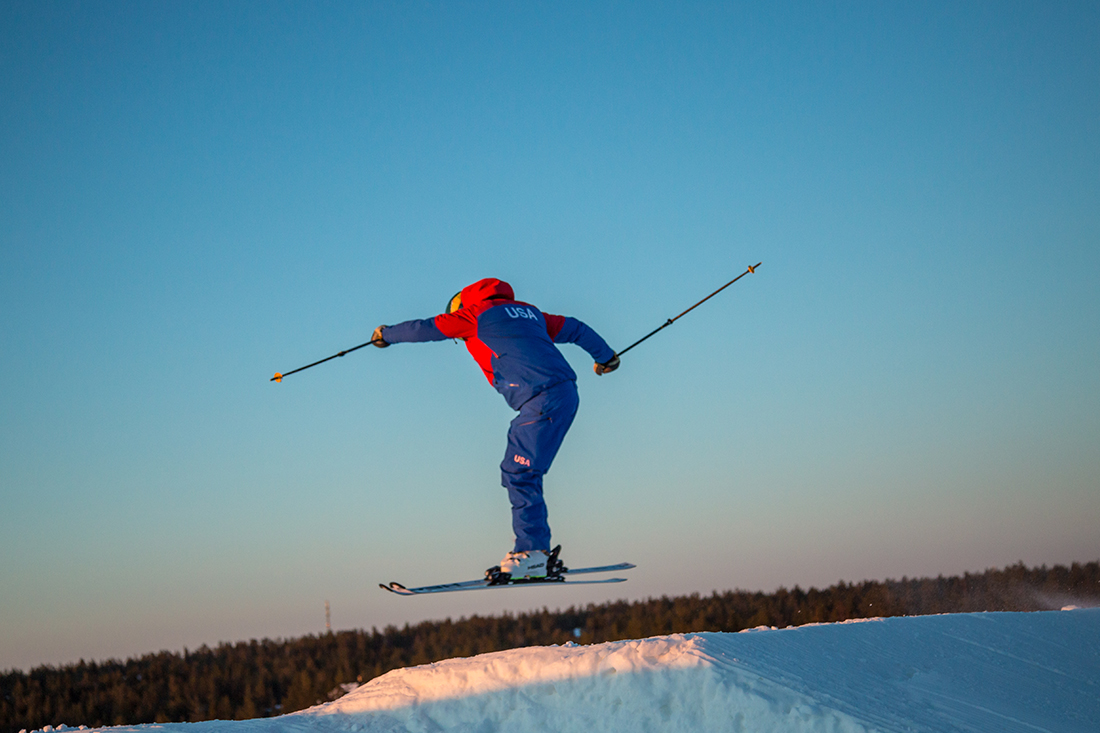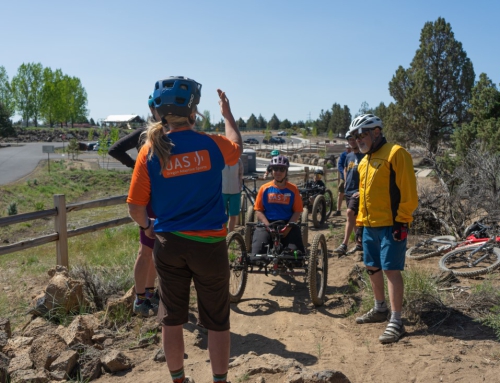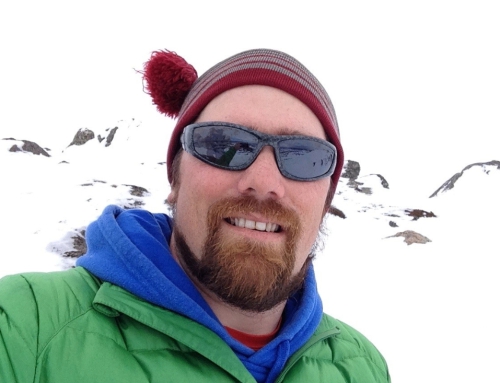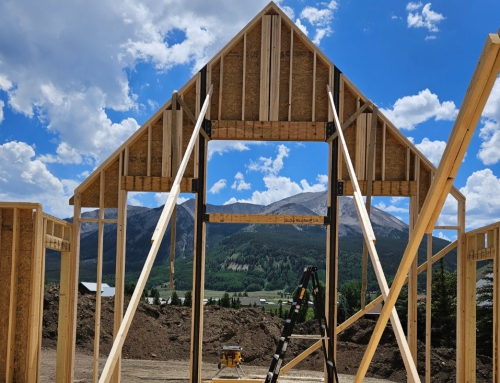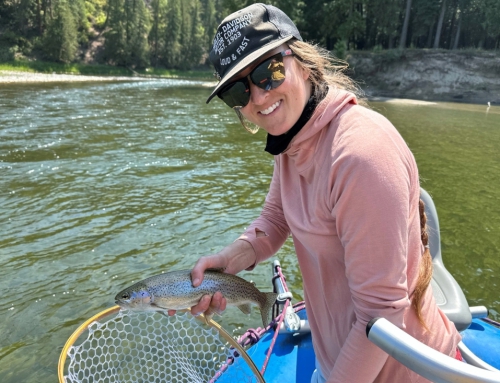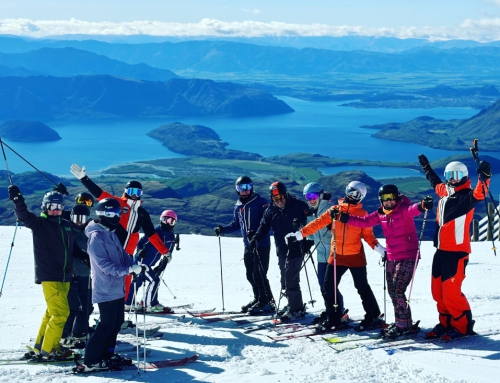Interski 2023: Canadian Perspective of a PSIA-AASI Workshop
Held every four years, Interski brings instructors together from around the world. The event offers a valuable educational opportunity for snowsports educators to share their innovations and core beliefs. It gives PSIA-AASI, through its national team, a chance to compare the American Teaching System with the educational approaches of other countries and bring home ideas that help PSIA-AASI members improve and evolve. Similarly, for national team members from other countries, it provides an opportunity to learn more about the Learning Connection Model.
In this post, CSIA-AMSC member J.S. Forget, who attended the event as a member of the Canadian National Team, shares his insight from a PSIA-AASI workshop he attended: Alpine Freestyle — Freestyle and the Learning Connection.
“Freestyle skiing has typically been viewed as an additional set of skills to allow instructors to captivate a broader range of guests. PSIA-AASI believes that freestyle skills not only extend instructors’ skiing skills but also provides them with a greater skill set in relation to the Learning Connection Model. Freestyle expands instructors’ teaching and skiing skills, presenting guests with engaging and enriching experiences across all mountain environments.”
Through the years, PSIA-AASI has implemented three levels of Freestyle Specialist accreditations. The pathway permits the members to be immersed in a freestyle culture and improve skills safely. The Learning Connection Model is implemented through all PSIA-AASI certifications. It involves a combination of the candidate’s technical skills (Freestyle Fundamentals from entry to advanced levels), teaching skills, and people skills.
It is interesting that the PSIA-AASI freestyle approach is focused on trust between the teacher and the learner. Relationships are based on trust and meaningful two-way communication, which promotes engagement. Most importantly, instructors are encouraged to recognize and consider the learner’s behaviors, motivations, and emotions. The Learning Connection Model is highly successful in freestyle ski teaching because it promotes collaboration on long-term and short-term goals. The approach plays a major role in the learner’s ability to reflect upon self-performance on freestyle features and during terrain exploration.
The Canadian Collaborative Teaching Approach has many similarities with the Learning Connection Model. We encourage collaboration throughout the ski lesson and beyond. We also adapt to the changing needs of the learner, and we manage emotional and physical risk.
PSIA-AASI has pursued the advancement of soft skills practices and emotional connections between the teacher and the learner. The efforts put forth by the organization to increase research on people skills boosted the ability for members to develop strategies to connect with the learner. With the help of snowsports schools, this model may attract newcomers to the sport and boost retention of professionals, in turn, increasing diversity.
CSIA-AMSC would greatly benefit from invested time and research to improve people skills for greater talent development. In addition to the Collaborative Teaching Approach, a strong knowledge of emotional intelligence and psychological triggers will provide instructors with tools to remediate and prevent emotional challenges on the ski hill.”

